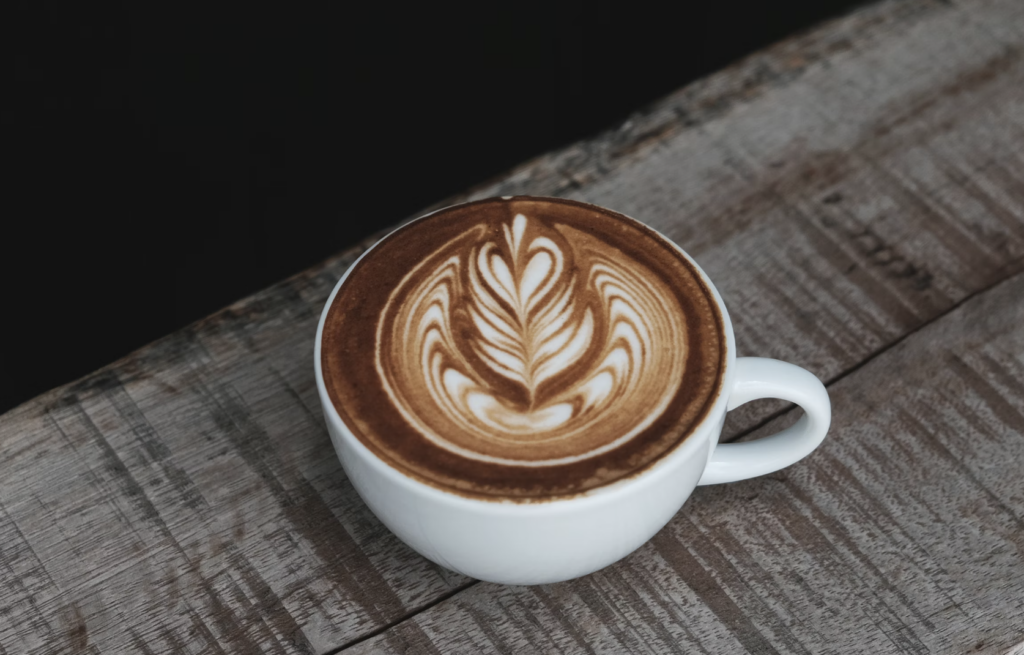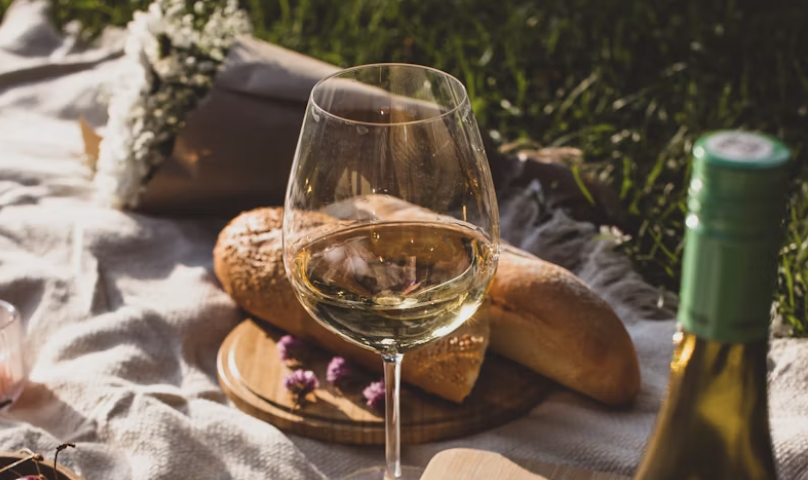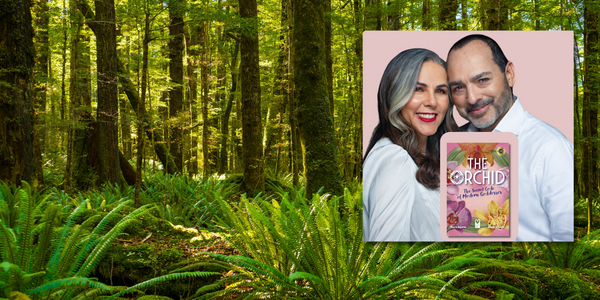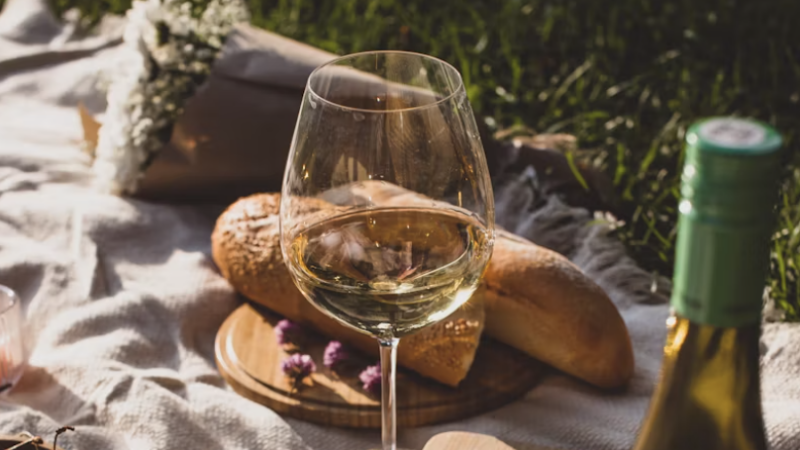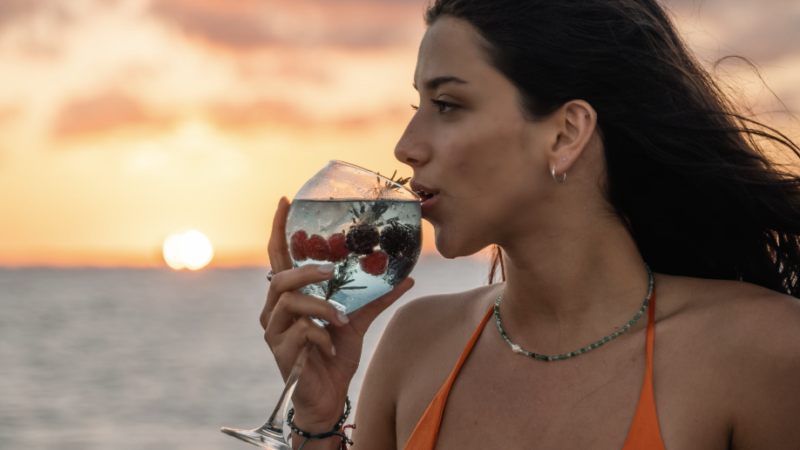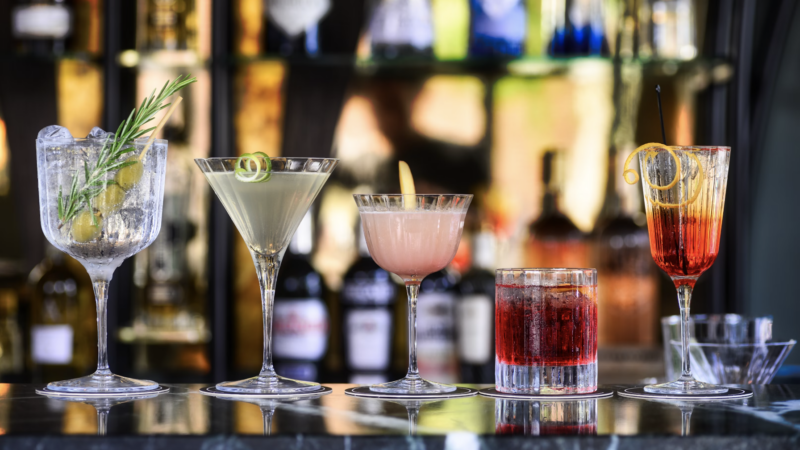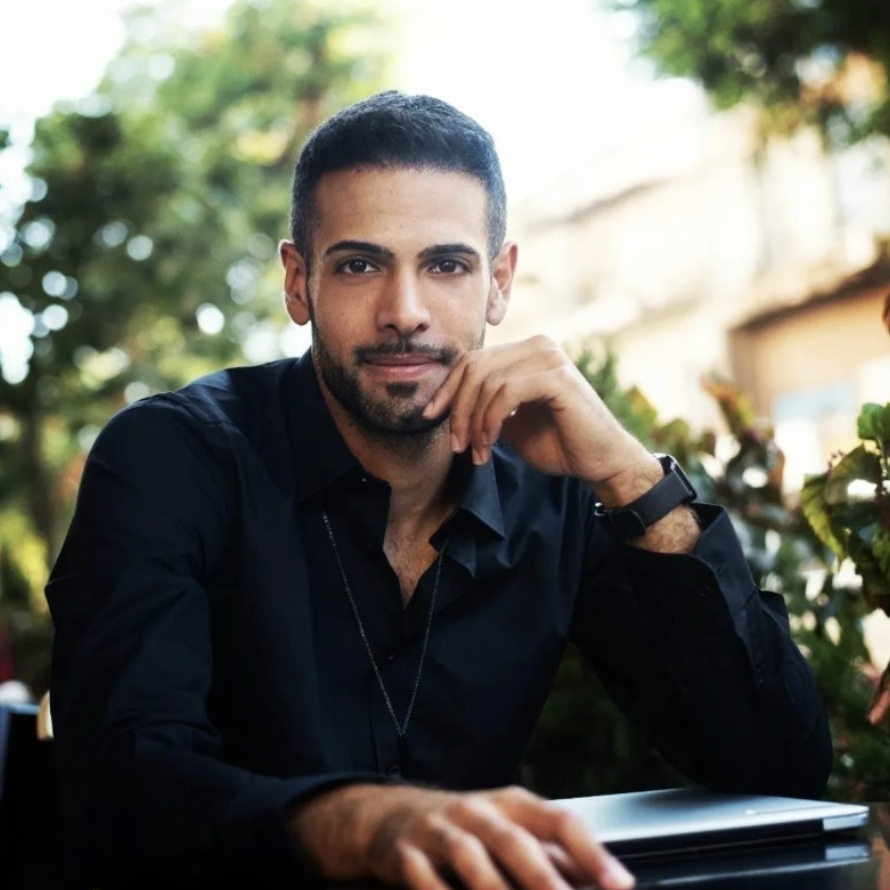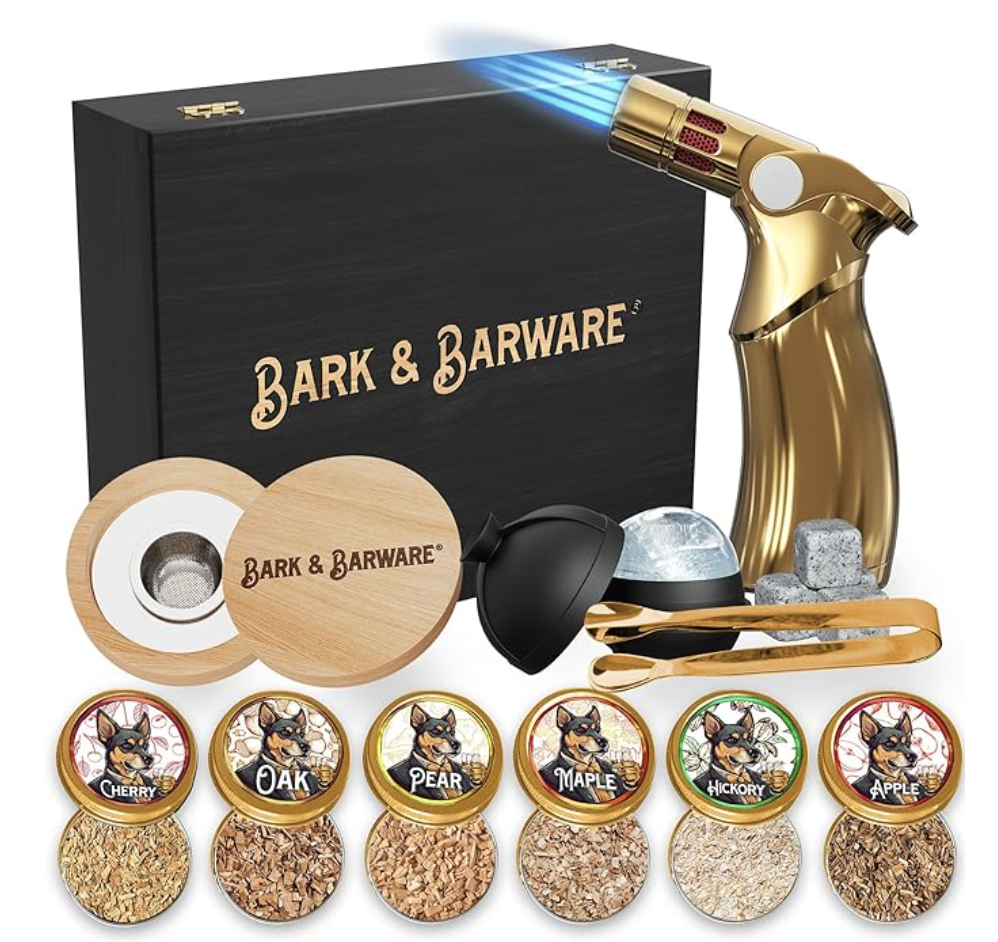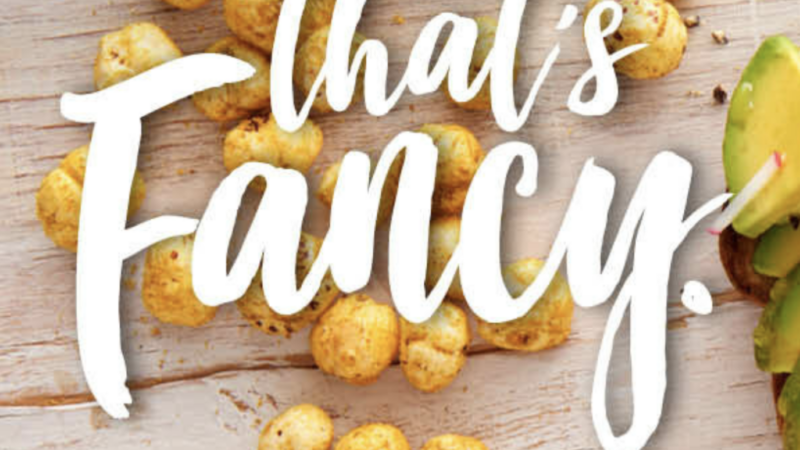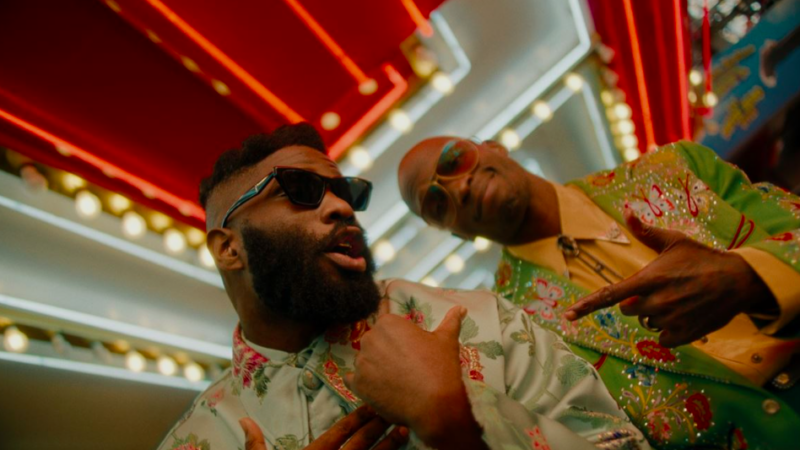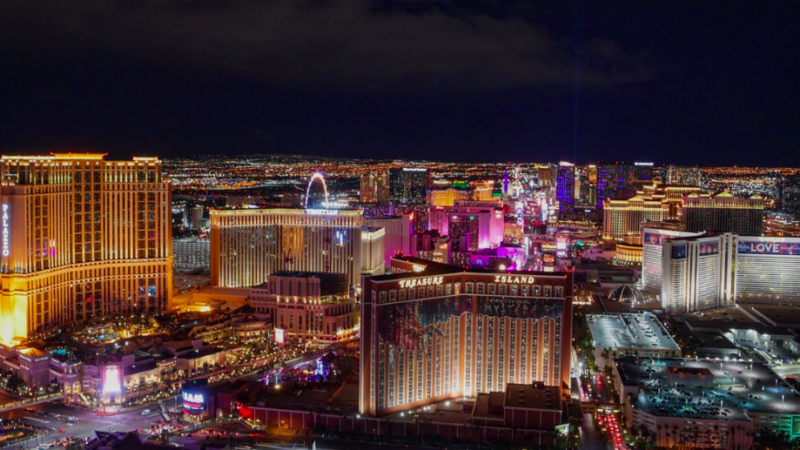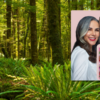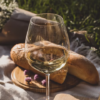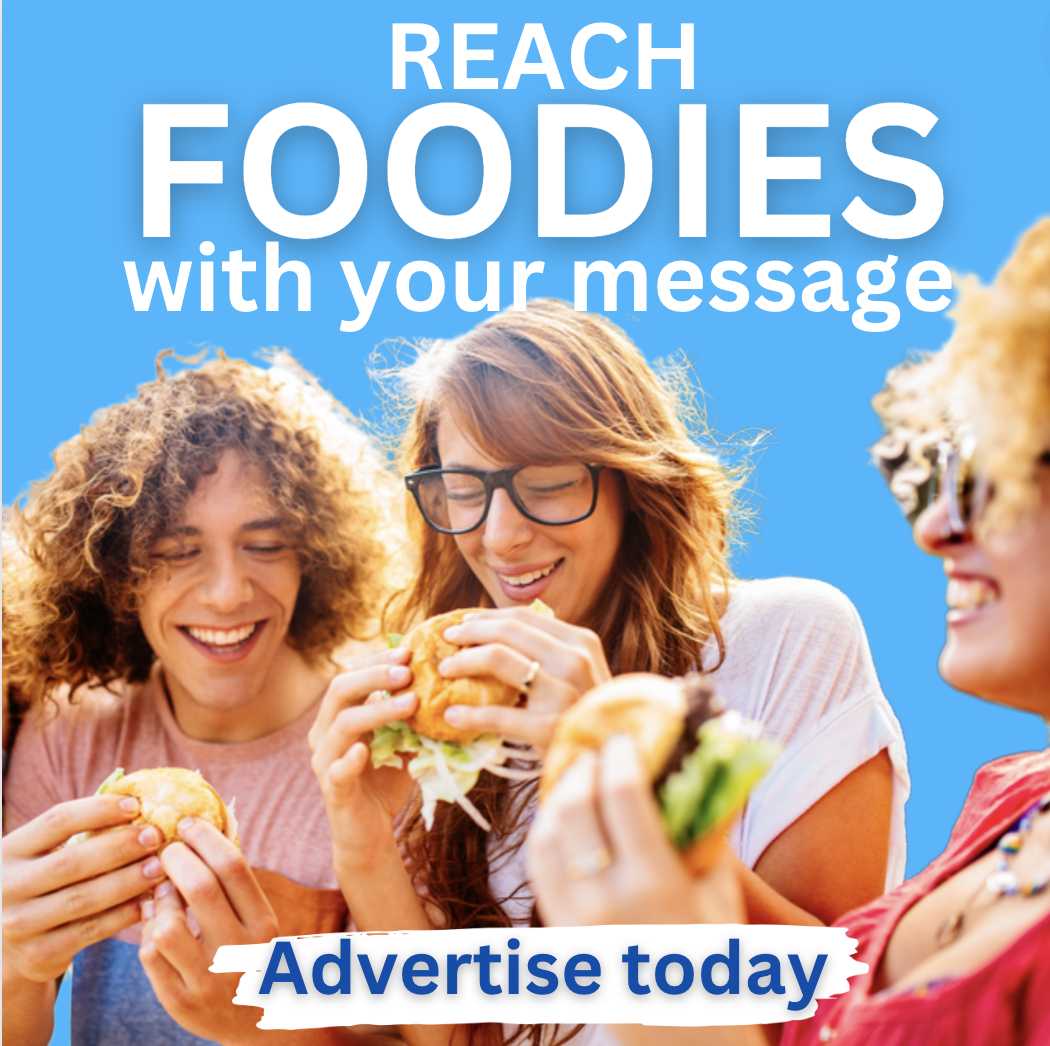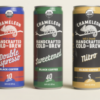Vegas Knows this Secret About Loving Yourself: The Orchid Book Conversation with co-authors Rocio Aquino, Angel Orengo
The Secret Behind Loving Yourself: The Orchid Book Conversation with co-authors Rocio Aquino, Angel Orengo
Rocio Aquino and Angel Orengo, co-authors of “The Orchid” are, as their website shares partners in life and spirit, wanderers who found home in each other’s hearts.
Their journey together has been filled with a myriad of cultures, beliefs, and encounters with both the ordinary and extraordinary.

The Orchid: The Secret Code of Modern Goddesses
The Orchid: The Secret Code of Modern Goddesses
The story focuses on five of these women, each wrestling with unique life challenges such as closeted sexuality, career pressures, spousal abandonment, sexual abuse, eating disorders, and manipulative behavior.
As they engage with the program’s curriculum, they peel away layers of self-deception, pain, and societal conditioning, discovering that the love and solutions they seek already reside within them.
The Orchid serves as both the setting and the metaphor for their collective journey toward self-realization and empowerment.
Today’s conversation has been edited for length and clarity. For the full, un-edited conversation, visit FlavRReport’s YouTube channel here.
Joe Winger:
We’re talking about The Orchid: The Secret Code of Modern Goddesses.
I go to a lot of book events, and a few weeks ago in Los Angeles, I went to The Orchid’s book signing. What I was amazed by was there was so much emotion in the audience. Big smiles, happy tears.
What are we missing in our lives that your book, The Orchid, helps us recognize?
Rocio Aquino:
How beautiful [of a] question. I think, to be honest, that we are perfect already. And we forgot.
Angel Orengo:
Yeah, I think we forget that at the core life doesn’t need to be that difficult. It’s not that complicated that we allow ourselves to be complicated by the things around us, by the things that we’re told, by the way we think our lives need to be, by the number of houses, clothing, shoes – everything right that we need to have.
The moment you bring it down to the basics and you’re like, yeah, life should be simple. We are okay. We’re just learning here. We’re back. We’re like in a school and the teacher wasn’t angry because we got it wrong. On the contrary, it was just like, Oh, don’t worry. I’ll teach you.
Joe Winger:
So what I’m interpreting is, people are having these emotional realizations because they’re remembering your message that they’re perfect already?
What do you think it is about that audience interaction that your book is giving?
Rocio Aquino:
I was in the front, so I was not as intimate like you and your perspective. But what resonates with me and what I see that can resonate for someone else is that they know and they understand that they are not alone on this journey.
The struggles they are feeling are real. They feel the difficulty. Everyone at some point is [feeling] who here has a difficult path? Everyone is like me. That connection is not superficial, but it’s more in a deep way when you are in a group setting after being so disconnected really to talk about the important things that matters in life has another connection.
Angel Orengo:
We’ve gotten large amounts of feedback by now. Some people are touched by the fact that someone has written a book selflessly to help them. I know there were people that were touched very much by that.
I think you understand what that means really, it was all about how do we help the reader get to a different place, right?
Go from point A to point B, right? There are people that for the first time find themselves in an environment where they can treat themselves with some kindness, where maybe they haven’t stopped to think about that before. Because we try to block it.
It’s easier to numb pain than to experience it and let it go.
Other people are [having the realization that] it’s not that complicated. I’m just so happy that I found this now. I think it’s just all of that energy.
The energy in the room that day was really powerful. When you’re in the presence of that energy and by presence, the collective – it wasn’t us. It’s we – emotions come to the surface, and that’s how we clear emotions, and that’s how we clear energy.
Thank you for sharing that because I didn’t realize that was happening.
Rocio Aquino:
We didn’t have any idea and remember, we have two teenage daughters. They bring us back to reality really quickly at our house.
Joe Winger:
Going to the actual book itself between the characters, the descriptions, their backgrounds.
What’s real? What’s fiction? And for fiction, what inspired it?
Rocio Aquino:
Everything happened, everything is real, but never happened all together.
Angel Orengo: And not to those people.
Rocio Aquino: We know that some of the places exist and all the situations exist.
The fiction is today there is not a place that you can go for free to heal in this way. But we hope that someone will open it. Let’s hope we can do it..
Angel Orengo:
Yeah, the characters, the book is absolutely real.
Every single thing that happens there has either happened to us or happened to someone we know, or we’ve read it in the news.
The story about the model and the sexual abuse that’s real, right? It’s happening in the modeling industry now where they have gone through their own “Me too” movement.
There is a scene in which “Olivia” is doing a silent walk and she has a vision of her mother near her. [to Rocio] That’s something that has happened to you, about your own mom who passed away.
There’s a scene in which “Olivia” is speaking to her father. It was a difficult relationship and her father wasn’t the best version of a father that he could have been.
That a lot of it is after my own experience with my own father, who I met three times in my life. One of which, the longest, was five hours. So we took pieces and through the help of everyone who collaborated in the book to construct these characters that brought together all these experiences.
We wanted to write the story of Rocio, who morphed into “Sophia”, and then we realized that we wanted to tell more that we needed that in order to be of service to the people who would be reading the book, we needed to tell more stories because there are so many things happening to women out there that we don’t hear about that we wanted to do justice by representing as many of them.
That’s where it all comes from.
Rocio Aquino:
The same happened to us when we were reading, not writing the book. We were crying constantly. At one point I put it down, we were crying [so much]. Then we did it first in English and after in Spanish and then we were crying in Spanish so was like, “Okay I’m continue to heal.”
The process for us was really intense
Angel Orengo:
The experience that you’re having [the audience and reader’s emotion], everyone is sharing similar things. It’s simple, but as I’m going, I find myself thinking about things that I’ve never thought about in my own life.
I need to put them down. Sometimes it takes me a little bit before I pick it up again. So it’s like peaks and valleys of intensity.
Joe Winger:
As authors, how are you feeling now knowing that so many people are having such extreme feelings and discoveries from your pages?
Rocio Aquino:
You never know how your work is going to be received, to be honest.
Even though we have a very strict culture of not judging anyone, being totally neutral, we are going to make suggestions.
Now that people are seeing the book, it’s a pleasure, it is humbling.
Angel Orengo:
There was intentionality in what we were writing. The book came after our first year of deep introspection into who we were and how we wanted to change our lives. [We studied] a lot of self help books. At the time that we started writing, it was about how do we share this with people who normally don’t have access to information
Also for people who don’t have resources to go and spend time in a retreat for a weekend or spend $5,000 or even $500. [We thought] we should do television because this is our background. But let’s own the intellectual property, the story behind it.
[We thought] we should do television [series], but let’s own the story behind it.
So when we sit down with the people who are going to help us craft the TV show, we have a say in how it’s made. Right now what ends up happening is that people don’t think that love is powerful enough to deal with the issues that you have around you.
We think that we have to combat anger with anger or force. That’s what we’ve been raised to believe. We’ve gotten to a point where love really does conquer all, but not in the way in which we were taught.
So when we approached a book, it was, “Let’s do it with a lot of love,” we said, and if we can help one person, it’ll have been worth it.
Everyone who we are connecting with is having similar reactions so it’s humbling. We’re filled with gratitude beyond belief that we were chosen, selected, inspired to write what we wrote and to put it forth.
Not just write it, but really now be the face of it and take it to as many places as we can.
Rocio Aquino:
That’s the main point. When someone says “Thank you”, because now that means I can continue to share with more people. If more people feel better about themself, that is incredible. That’s our main point to invite everyone to our party.
If more people feel better about themself, that is incredible.
And the part is really, if you are feeling better about yourself? Great! So it’s about that.
Joe Winger:
During your book event introduction, you mentioned one of your goals is to bring The Orchid to real life. Where are we today with that goal? How can the audience help you?
Angel Orengo:
Everything in your life begins with an intention. Waking up in the morning, getting off your bed, right?
Everything is intention after intention. The first and most important thing that we want is for people to truly enjoy the book because through the enjoyment of the book, there is a transformation that’s taking place.
We now understand that the way to change the world, and even though this is not the ultimate intention is the indirect intention, we can make this place a better place to be for all of us.
It begins by me feeling better about myself, and you feeling better about yourself. And it begins by all of the things that we create.
All these things these women are experiencing in The Orchid.
To your question, the first thing is for people – and it’s happening already – to say, wouldn’t it be awesome if this place really did exist and these transformations were taking place. If one person says it, it’s a big deal.
If a million people begin to think that way, or a billion people begin to think that way. Wow. It is about the power of what we have to manifest.
In terms of The Orchid as a retreat center, I think there are versions of it throughout the world already. There are many places that exist. I think those places will be inspired when they read our book to go to a different level. We can do more to expand the way we’re doing this.
There are podcasts down the line. There are television shows that we’ve mentioned. There’s a digital community that we would like to work on and develop. There is a nonprofit because there are going to be issues that will require that approach.
We’re going to continue building this community that ultimately is going to want to continue conversations as to how I deal with this.
Even though we attempted to do a very complete seven day experience at this retreat center, the truth is that the experiences can vary greatly.
There’s so much more out there.
We only depicted a number of healers. The number of healers and healing modalities out there are endless. I believe it will happen.
We have had initial conversations with certain people about it, but I would say it’s in early stages.
I would much rather encourage everybody who is already well advanced into a retreat center to look at themselves and see if there’s anything that can be learned from ours and create their own orchid so that we can help more people around the world.
Rocio Aquino:
Yes. Take the lessons, what you learn and it really is, “How I can begin to have a conversation with someone.”
Joe Winger:
As authors, can you talk a bit about what your writing process was like? What was the timeline going from idea to finished, published book?
Angel Orengo:
We began our process for the book at the end of 2021. So it took us about two and a half years.
We’ve come across a lot of people who say, ”Wow, that’s fantastic.” It took them nine years or 10 years and so on.
We were doing this 24 hours a day for two and a half years.
We relinquished everything else that we were doing and we dedicated ourselves to our growth, our personal growth and introspection, which in itself was the core of what’s at the book and to crafting putting on paper as many of the thoughts and ideas that we had.
The first step was Rocio and I basically went back and forth. We started thinking about which things worked. At first she was the guinea pig. She was experiencing things, a lot of healing practices.
Rocio Aquino:
It’s a process. Experiencing different things, and at the beginning you don’t have it very clear, but you begin, “Okay, this was my story.”
The main thing was to teach the lessons in a very original way. When you are relaxed, when you are in your house watching TV or reading.
You begin to question, is this serving me or not? The process of putting our learnings on paper.
Everyone is a creator. We can create and create.
No one is going to have our perspective. Angel was very clear [about] what he likes in life and has never spoken bad about anyone.
In my mind, I was not like that. I was speaking bad about people. But then I learned the power that [kind of speaking] represents and now I don’t want to do it.
But it’s those lessons that you begin to learn [from]. I grew up with that different paradigm, and now that I know another one, I prefer the new one.
Because it gives me more freedom, creativity, and everything.
We put everything in place. We worked hard to make this happen because our motivation was to do a book for [the younger version of] me 32 years ago when I tried to kill myself and I didn’t have the tools and I didn’t have anything.
So this is a book that I wish my mom had before she passed away 32 years ago.
The motivation was really to spread that another way of thinking was available. So we were in a hurry, like this needs to be available for those Rocio’s, for those Pepitas who were out there, who are out there and need to have something that they can grab quick, and they can begin to see a change.
Angel Orengo:
I would add, the process of writing the book was truly experiential. It wasn’t just spitting it out, we were living certain things.
There were times we stopped the book to have an exercise of releasing energy.
What we realized as we were writing, there were things inside of us that needed to be addressed.
Whether it was an experience that happened when you were a child…
I can’t tell you the times where we were crying, deeply moved by what we were writing and reading and how that was cleaning us inside and how that was changing us.
We went through different hurdles.
For example, we realized at an early stage that the book could not be judgmental about anything. if we were going to connect with readers, right?
We had no idea that we needed to ensure that the people at the Orchid, Mary and her staff. [They] never looked at anybody and said, “Oh, I’m so sorry.” It’s more, “We know we’ve been there. You too can heal from that.”
And so all of those things emerged as we were writing.
There was intentionality and some clear ideas as to how we wanted to proceed. The truth is that we were experiencing and adjusting as we went.
Rocio Aquino:
With a lot of respect.
Angel Orengo:
With a lot of respect for each other, the people we were collaborating with, and the reader.
Joe Winger:
The book is called The Orchid: the Secret Code of Modern Goddesses.
The color scheme, it’s primarily female names, from a traditional or direct point of view, it’s geared more toward a female audience.
As the authors, trying to get a guy in a woman’s life to read it. What would you encourage them to say to get a guy to read it?
Rocio Aquino:
#1, I’ve been a woman and reading many books about guys, written by guys and I love it.
So maybe it’s time for a guy to be open minded. I can do this and I can read a book about women.
#2, it’s incredible to go in the deepest way of thinking of women. So try to understand how they work and what they are thinking. This is a fantastic opportunity. It has so many good sides because you want to have a better understanding of your mom, of your sister, your girlfriend, your wife, your daughters.
Then you’ll have a better way of how women relate to each other, but how do they relate to themselves, and how you can be an ally in their process.
Angel Orengo:
Recently I was writing a brief article for a fraternity that I belong to and I was very active when I was in college.
Essentially the article is to inspire them to read this book. The issues that we talk about, whether it’s sexuality, limiting beliefs, the power of forgiveness, the power of gratitude or any of the other issues that the women who are there are speaking of, they’re universal.
They’re not gender based, right?
So any opportunity that you have or that you give yourself to relate to those issues, it’s an opportunity to grow.
I think for men for far too long, we’ve defined masculinity as “the absence of emotion” or perhaps the “existence of physical strength.”
More and more we’re finding out about emotional intelligence, right?
That emotions in general and our ability to share them to be vulnerable is powerful and can only enhance the people that we are.
I would say be open minded. The issues are truly for everybody. You can learn a thing or two, not just about yourself, but about the women in your life.
It’s and it could be really powerful. Plus let’s face it, the better we communicate with one another, the better we relate to one another across genders the better our community is going to be, and we need more community in the world.
I think if anything has shown us, and this is true at any time, right?
Every person you speak to, we’re all longing for community. We need connection. We need to connect more with each other.
Rocio Acquino:
Deep connection, not superficial.
Joe Winger:
The book is called The Orchid, The Secret Code of Modern Goddesses.
Wrapping up, for people out there who want to buy the book after hearing about it, Whether it’s websites, social media, how can we follow you? How can we buy the book?
Rocio Aquino:
There are so many ways right now. We have a website: TheOrchidBook.com
You can find the book in English and Spanish.You can buy it on Amazon, and Barnes and Noble, Apple, and we have the audiobook too.
And the exercise, if you want to do a book club with your friends, you can do some exercise that are on the website.
Instagram, Facebook YouTube, TikTok. All @TheOrchidBook_


